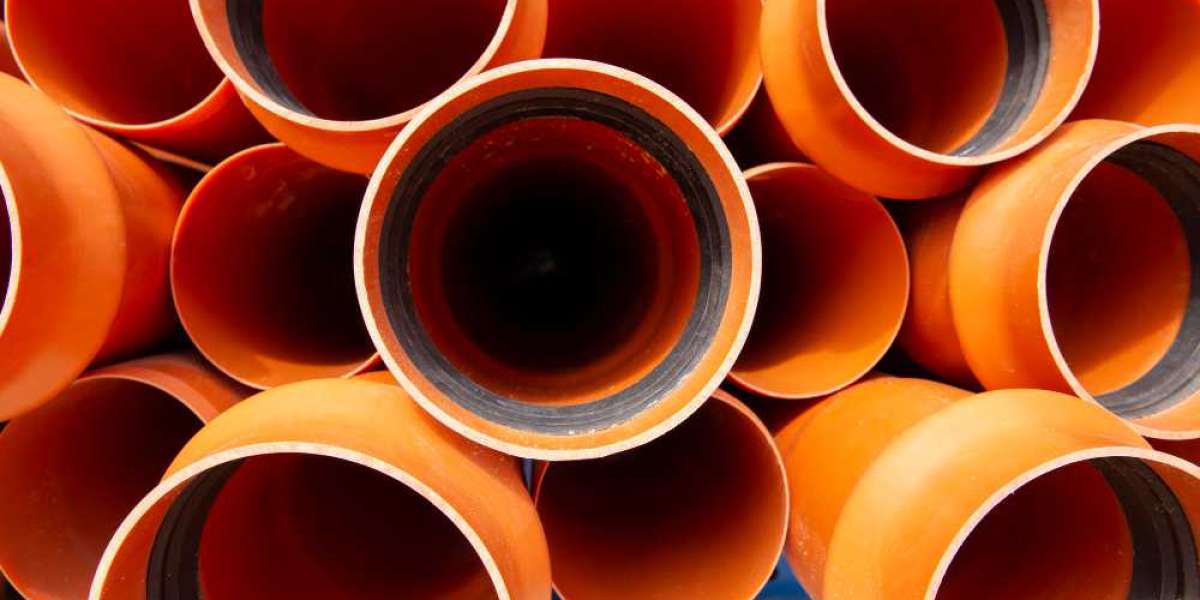
When it comes to home improvement, many people tend to overlook the impact that their choices can have on the environment. From insulation to lighting, there are a multitude of eco-friendly options available that can help reduce your carbon footprint and save you money on your energy bills.
One such option that is often overlooked is the use of UPVC pipes in your home. UPVC, or unplasticized polyvinyl chloride, is a type of plastic that is widely used in the construction industry. UPVC pipes are durable, long-lasting, and resistant to corrosion, making them an ideal choice for plumbing applications.
But what sets UPVC pipes apart from other plumbing materials is their environmental benefits. In this article, we'll explore the ways in which using UPVC pipes in your home can help reduce your carbon footprint and contribute to a more sustainable future.
The Environmental Benefits of Using UPVC Pipes in Your Home
1. Energy Efficiency
When it comes to energy efficiency, UPVC pipes are hard to beat. Unlike metal pipes, which are good conductors of heat, UPVC pipes are poor conductors, meaning that they don't lose heat as quickly. This means that hot water stays hot for longer, reducing the amount of energy needed to heat it up again.
Additionally, UPVC pipes are less prone to leaking than other types of pipes, meaning that less water is wasted. This not only saves water but also reduces the energy needed to treat and transport it.
2. Durability
Another environmental benefit of UPVC pipes is their durability. UPVC pipes are resistant to corrosion, which means that they have a longer lifespan than other types of pipes. This reduces the need for replacements, which in turn reduces the amount of waste generated by plumbing systems.
Furthermore, UPVC pipes are less likely to crack or break under pressure than other materials, which can lead to leaks and water damage. By using UPVC pipes in your home, you can reduce the likelihood of costly repairs and prevent water damage that can contribute to environmental problems such as mold growth.
3. Recyclability
UPVC pipes are also highly recyclable. When the time comes to replace your plumbing system, UPVC pipes can be recycled into a variety of products, including new pipes, window frames, and even children's toys. This reduces the amount of waste that ends up in landfills and helps conserve natural resources.
Additionally, the production of UPVC pipes requires less energy than the production of metal pipes, which reduces carbon emissions and helps combat climate change.
4. Cost-Effective
While the upfront cost of UPVC pipes may be slightly higher than that of other materials, their long lifespan and energy efficiency make them a cost-effective choice in the long run. By reducing the amount of energy needed to heat and transport water, you can save money on your energy bills and reduce your carbon footprint at the same time.
Furthermore, the durability of UPVC pipes means that you'll spend less money on repairs and replacements over time, which can add up to significant savings in the long run.
Conclusion
In conclusion, the use of UPVC pipes in your home can have a significant positive impact on the environment. These pipes offer a range of benefits, from energy efficiency to recyclability, that make them a sustainable and cost-effective choice for plumbing systems. By choosing UPVC pipes, you can reduce your carbon footprint, save money on your energy bills, and contribute to a more sustainable future. So, if you're considering a home improvement project, keep in mind the environmental benefits of using UPVC pipes in your home. It's a small but impactful step towards creating a greener and cleaner world.
While the article focused on the environmental benefits of using UPVC pipes in your home, it is worth noting that there are many PVC pipe manufacturers worldwide who also produce pipes that are durable, versatile, and cost-effective.






